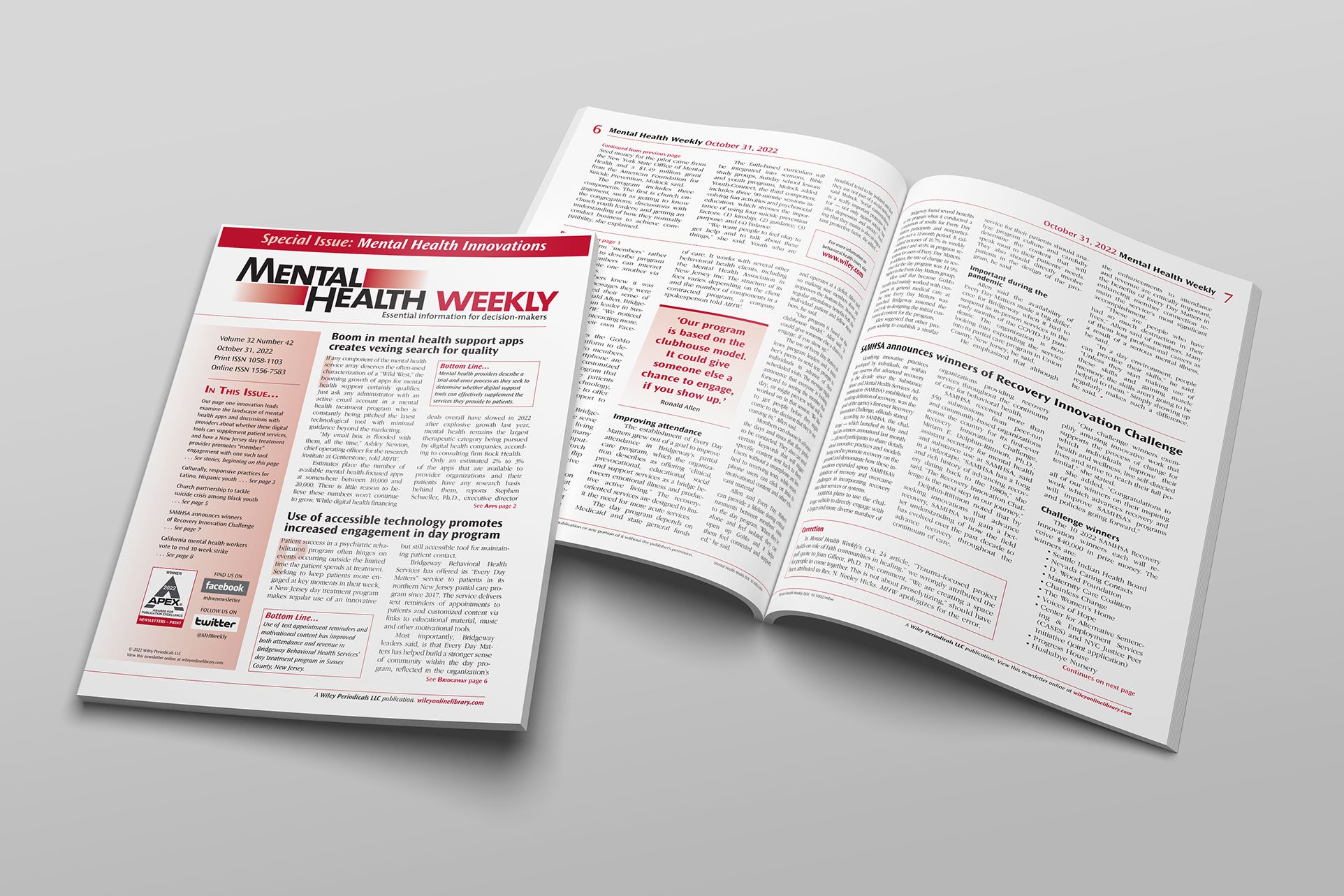Speakers Bureau Spotlight: Meet Dr. J Greg Merritt PHD
Greg Merritt grew up in rural Loami, Illinois (pop. 800) where he escaped poverty through education. He is the first in his extended family to receive a college degree and the only family member who has earned a Ph.D. He received his Ph.D. from Michigan State University in Higher Education Administration (focused on Teaching and Learning) and his Bachelor’s Degree in Psychology from Bradley University. He spent more than 30 years working in University Housing (18 of those at the University of Michigan), helping residents to build positive communities that appreciate and celebrate diversity, helping residents and staff to learn from one another, and experimenting with innovative ways to design buildings and programs.
We asked Dr. Merritt a couple of questions about his experience in healthcare and patient partnerships.
How did you get into your field?
The field of healthcare (and patient partnerships) chose me—I didn’t choose it. 😊 On February 25th, 2012 I woke up and thought I had heart burn. My life-saving bride drove me to the ER. I had a sudden cardiac arrest and a heart attack in the car and through the great medical care at the University of Michigan and a relatively new (at that time) treatment called medical hypothermia, I walked out of the hospital 5 days later.
By 2012, I had spent 25 years of my career working in University Housing working to innovatively create positive environments for students living together in dorm rooms. I believed I would retire in that role.
After being gifted a second life, I had a real urge to give back and share my gratitude. A few weeks after my incident (besides giving my interventional cardiologist a bottle of wine) I went to the ER, to the cardiac cath lab, and to the cardiac ICU to say thanks. Also, I wanted to see if there was something I could do, to help the team at Michigan Medicine. Though very grateful to see me again, there weren’t specific roles to play at that time as a patient partner. Yet, I was also referred to cardiac rehab and it was there that I met the cardiac rehab program director who invited me to serve on a new advisory committee they were forming to reinforce what they were calling ‘patient family centered care’. I jumped at the chance to be helpful and give back.
There were many initiatives that I have helped in cardiac rehab and have helped to shape my current thinking on how clinicians, researchers and healthcare companies can effectively partner with patients/families.
In spite of wanting to give my time and energy to the newly formed group of patient partners at Michigan, they continued to meet during the time when I had meetings in my senior position with University Housing at the University of Michigan. Two events converged to lead me to leave my role and start Patient is Partner.
1) Though I loved the students I worked with at the University, I was constantly in a battle with the leadership about new initiatives to start, new ways to think about and change old paradigms. I ultimately found myself in a position where I had to defend students on an administrative decision and was removed/quit my position (still a proud moment for me to stand up for what I believed was the right thing to do).
2) Since I had been simultaneously searching to find ways to bring meaning and purpose to this new gifted second life, I attended the International Patient and Family Centered Care meeting in New York. Following this meeting, I believed I had found a way to give back and could bring a new perspective to the healthcare community.
This led to the formation of Patient is Partner, LLC.
Tell us a little bit about Patient is Partner.
As my web page describes, Patient is Partner’s goal is to authentically partner with hospitals, healthcare centers, medical (and related health care) schools, residencies and fellowship programs, research and clinical trials to bring the voice of the patient (and their families) to the table to help solve some of the thorniest issues that exist in healthcare today.
I have been dumb-founded to hear “progressive and leading” healthcare entities describe being “patient-centered.” I continually ask, “what is the alternative? —of course you are patient centered?” I believe if one wants to be forward leaning, we have got to get to a “patient-partnered” care and research mentality. This assures a much more aspirational mission. Authentic partnerships eradicate things like medical paternalism, while simultaneously, asking patients and families to be more active and engaged in shared decisions and commitments for their care.
By inviting “favorite/trusted” patients (or family members) to participate in already existing committees/groups where you are trying to solve a set of specific concerns/issues, you can increase the chances of innovation or new ways to solve long-standing problems. I believe it is imperative that patients/family members come to these meetings wearing at least two HATS/Perspectives (e.g. their patient hat AND their career/academic/life hat which allows them to bring a new lens to existing healthcare problems).
Finally, my hope is to invite more healthcare entities to become more curious and creative by embracing a Questionologist mentality. As Warren Berger describes, most innovation does not come from magical inspiration, but rather, through asking important questions. For the past 14 months, I have asked at least one question every day (many of them around healthcare) and all of them focused on things like what if, how might, and why. I encourage everyone to begin this wonderful habit… it will unleash your creativity and curiosity!
Why do you think the world needs it?
Healthcare in the US continues to struggle to overcome the many thorny problems it faces. Costs are too high, outcomes don’t match the amount of money spent, healthcare staff and physicians are losing the joy, meaning and purpose, the industrialization of healthcare has meant that the medical profession has lost its way and we often are really just part of the “sick-care factory.” I believe we must change and find new ways to solve these seemingly intractable problems. Thus, one solution is to invite patients and their families in authentic formats to partner to help solve these issues. What if patients (and family) were the secret to innovation in healthcare? How might asking patients and families to every meeting where you are trying to solve a problem be the secret? What if more patients were fully functioning (with the same authority) of others on a board? How might this change the way we see the lived experience of patients as integral to understanding and knowing? How might elevating the lived experiences of patients be equal to other critical skills one looks for on a board of directors?
There is hope and promise! Please join me in starting the movement… invite a patient to your next meeting where you are trying to solve a healthcare concern/issue, I’m confident that it will lead to one of two potential outcomes:
1) You will get an idea/thought that will lead to a new innovative solution you couldn’t possibly have thought of without them.
2) They will provide you no new solutions…. BUT… they will go to their community and brag and celebrate you. Patients almost never get an opportunity to solve some of the many things that frustrate us. If you are the first to do invite us, you will get the best kind of marketing… positive word of mouth!
I’d love your thoughts and feedback on this blog or an invitation to question or talk more on this topic. You can find me on my webpage or on social media @patientispard on twitter or on LinkedIn.
Interested in Dr. J Greg Merritt speaking at your event?
Visit the GoMo Health Speakers Bureau to learn more about all of our speakers or book Dr. Merritt for your next event.






Find Us Online